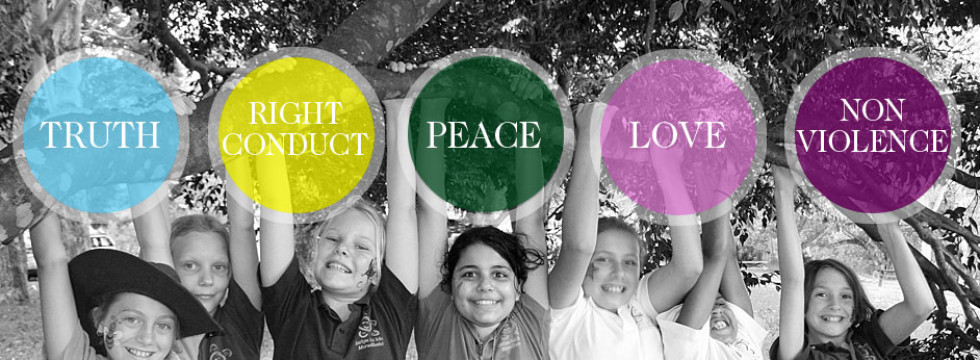Education and Human Values- Final Part |Education Values
A program of value education should be geared to the realization of the vision of just society and the good life for the individual taking into account the ground realities of the educational system in contributing towards the realization of the envisioned social order. It should also take note of the influence of other social institutions and especially the media and the nature of the process of acquisition of education values.
Further, the vision of the schooling system should itself grow out of a vision of a just society free from exploitation and concerned with the good of every person and of the whole person to serve as a powerful instrument of social and national reconstruction.

The social reality facing our school system is grim and challenging. The majority of our public schools are physically ill equipped, poorly staffed and are totally packing in ‘atmosphere’. Worse, a very high percentage of our boys and girls either remain outside the ambit of formal schooling or drop out of the system well before they complete the compulsory seven years.
The teachers being part of the larger school system function merely as wage earners. For the most part they themselves lead humdrum lives without seeking fulfillment in what their profession calls upon them to do. Nor does the society care for what is valued presently is success as measured in terms of marks and grades and when that is assured, what the teacher does or does not do is of no concern to anyone.

The development of values is influenced by a complex network of environmental factors – home, peer group, community, the media and the general ethos prevailing in the society.
Schools and teachers no doubt have an important role to play in this but the extent to which it can be effectively done depends upon the nature and extent of school exposure, the physical conditions, and the professional commitment and idealism of teachers.
The hard truth is that the child is under the greater influence of the home and the larger community than the school. Even if one considers the duration of exposure to school alone influences the child, the exposure is restricted to not more than six hours a day for a maximum of 220 days at best, not to speak of the greater intensity and powerfulness of the diver gout out of school influences.
Also Read: Education and Human Values part-1

Though the school has its limitations but by virtue of their institutional nature, schools are eminently suited to contribute to some aspects of education values development. This feature of schools should not be lost sight of. Keeping in view these aspects – the comprehensive nature of value learning and the institutional constraints of the school – one may expect schools to :-
- Kindle the moral and aesthetic sensibilities of children through exposure to appropriate objects, events, and experiences.
- Enhance awareness of and sensitivity to moral aspects of major issues and concerns of modern life like poverty, illiteracy, human rights, environment, population, and peace.
- Develop the ability to reflect with an open mind on the moral dimensions of contemporary social events and incidents of everybody’s occurrence.
- Help students understand and appreciate the values of democracy, secularism, social justice, temper, and other education values supportive of social cohesion and national unity.
- Enable students to develop a concern for and commitment.



Recent Comments